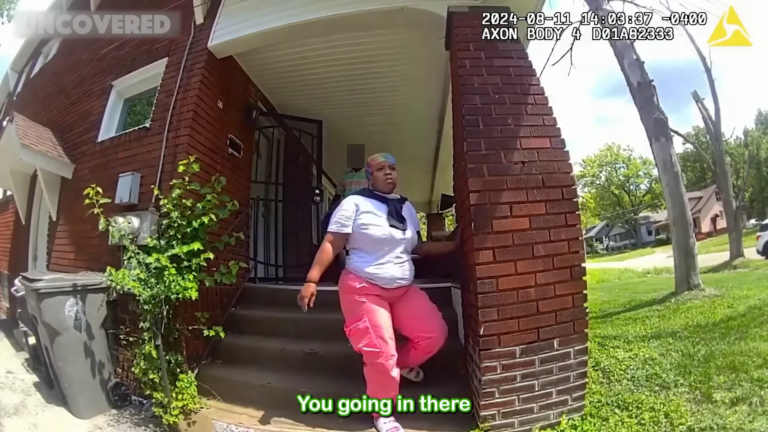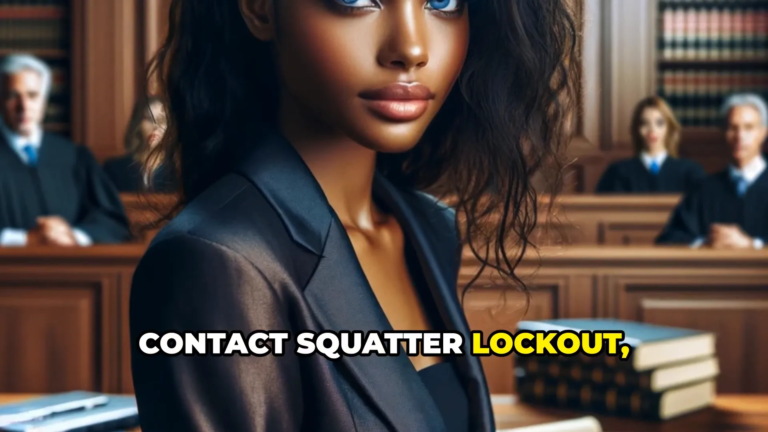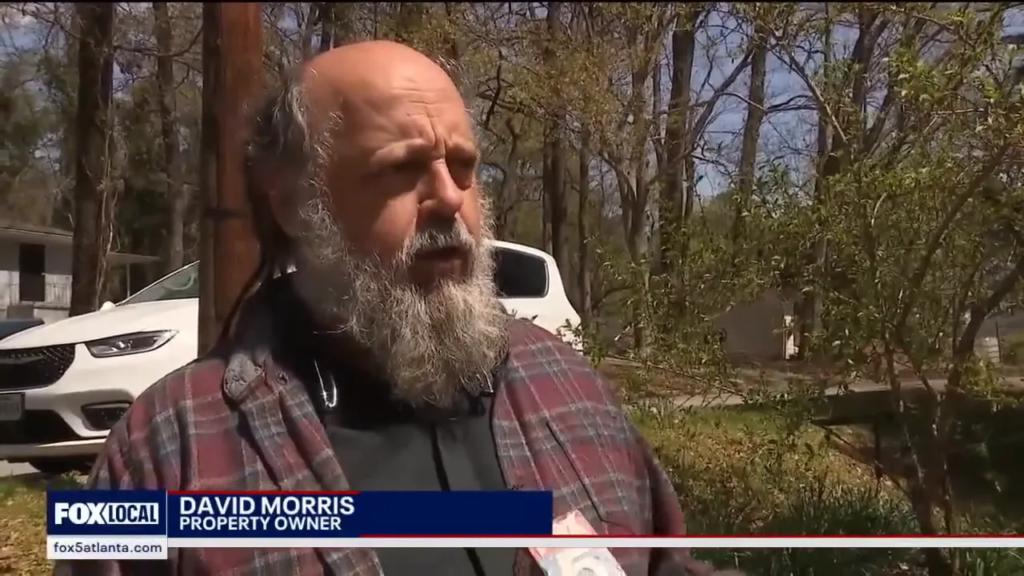
Squatter evictions are a growing concern for property owners, especially in urban areas where housing crises lead to increased unauthorized occupancy. This blog explores the compelling story of David Morris, a property owner in Atlanta, who faces significant challenges in evicting squatters from his land.
Table of Contents
- Introduction to the Squatter Eviction Dilemma
- The Property Owner’s Frustration
- David Morris: A Brief Background
- The Impact of the COVID-19 Pandemic
- Attempts to Evict: Legal Challenges
- Current Situation: The Number of Occupants
- Code Enforcement and Cleanup Efforts
- Counter Claims and Legal Battles
- Police Involvement and Community Activism
- Future Plans for the Property
- Conclusion: The Ongoing Struggle with Squatter Evictions
- FAQs about Squatter Evictions
Introduction to the Squatter Eviction Dilemma
The issue of squatter evictions has become increasingly complex and fraught with challenges. Property owners like David Morris are left grappling with legal obstacles and a growing number of unauthorized occupants. This dilemma is not just a personal issue; it reflects broader societal challenges related to housing, homelessness, and property rights.
Understanding the Context
Squatter evictions are often mired in legal red tape and social implications. Many squatters may have nowhere else to go, leading to an emotional and ethical struggle for property owners. This situation is exacerbated by external factors like economic downturns and public health crises.
The Property Owner’s Frustration
David Morris, a property owner in Atlanta, expresses deep frustration over the unauthorized occupants on his land. He has invested significant resources into cleaning up his property, yet the situation remains unresolved. The ongoing presence of squatters has not only caused financial strain but also emotional distress.
Financial Implications
With expenditures reaching $10,000 for cleanup efforts alone, Morris finds himself in a precarious situation. The costs associated with maintaining the property, including waste removal and security measures, continue to mount. This financial burden is a common plight for many property owners dealing with squatter evictions.
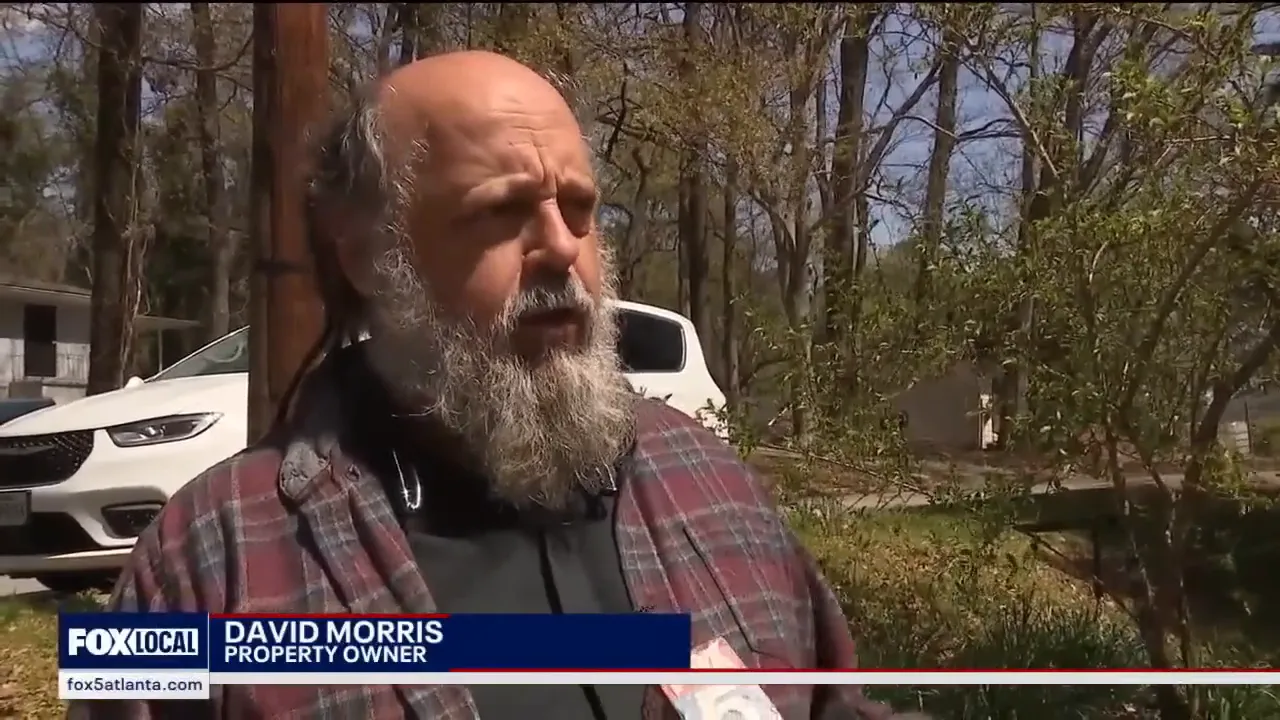
David Morris: A Brief Background
David Morris is not just a property owner; he is also an Atlanta native with a history of community involvement. He previously operated the Lakewood Environmental Arts Foundation, a nonprofit aimed at fostering environmental awareness and community engagement. However, the closure of his nonprofit during the COVID-19 pandemic marked a turning point in his journey.
Transition from Nonprofit to Property Owner
After closing the nonprofit, Morris allowed a few individuals to stay on the property in exchange for helping to maintain it. This arrangement, however, spiraled out of control as more individuals began to occupy the land, leading to the current predicament of multiple unauthorized occupants.
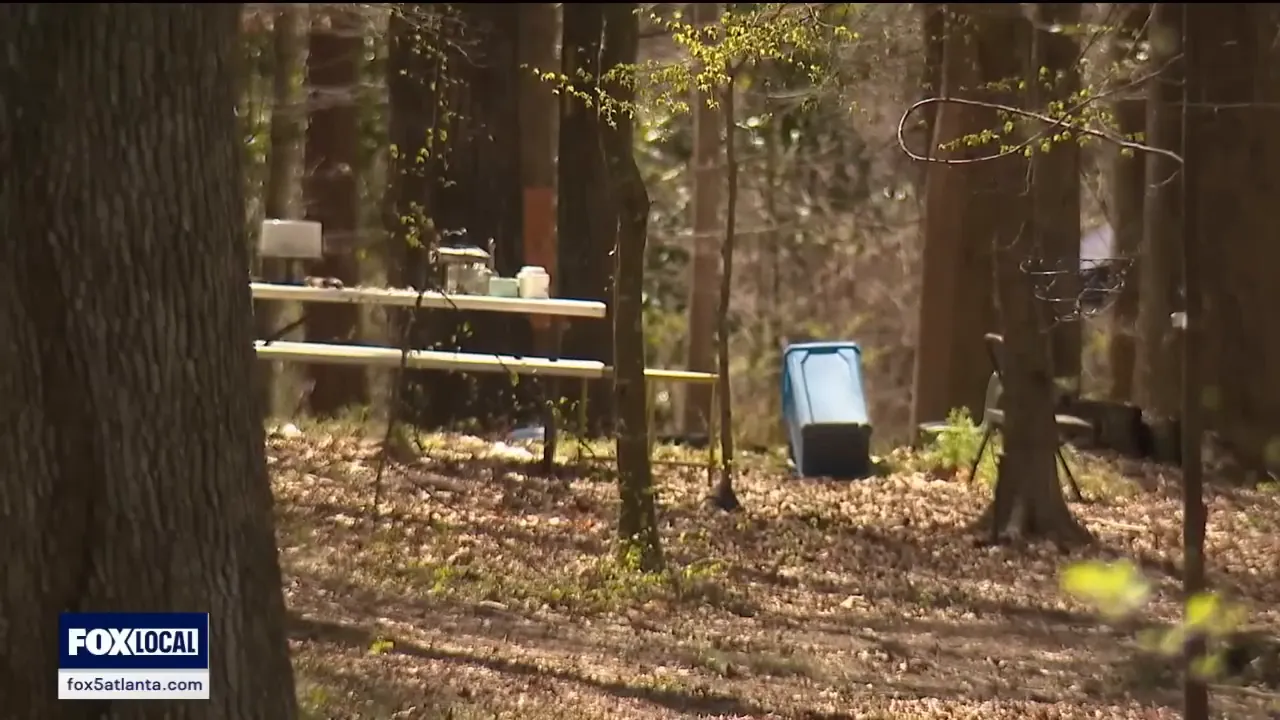
The Impact of the COVID-19 Pandemic
The COVID-19 pandemic has had far-reaching consequences, not just for public health but also for housing security. As economic hardships intensified, many individuals found themselves without stable housing, leading to a surge in squatter occupancy across various properties.
Changing Dynamics of Housing
During the pandemic, the dynamics of housing changed dramatically. With increased unemployment and eviction moratoriums in place, many individuals sought refuge in vacant properties. This trend has created a perfect storm for property owners like Morris, who are now left to navigate a challenging legal landscape.
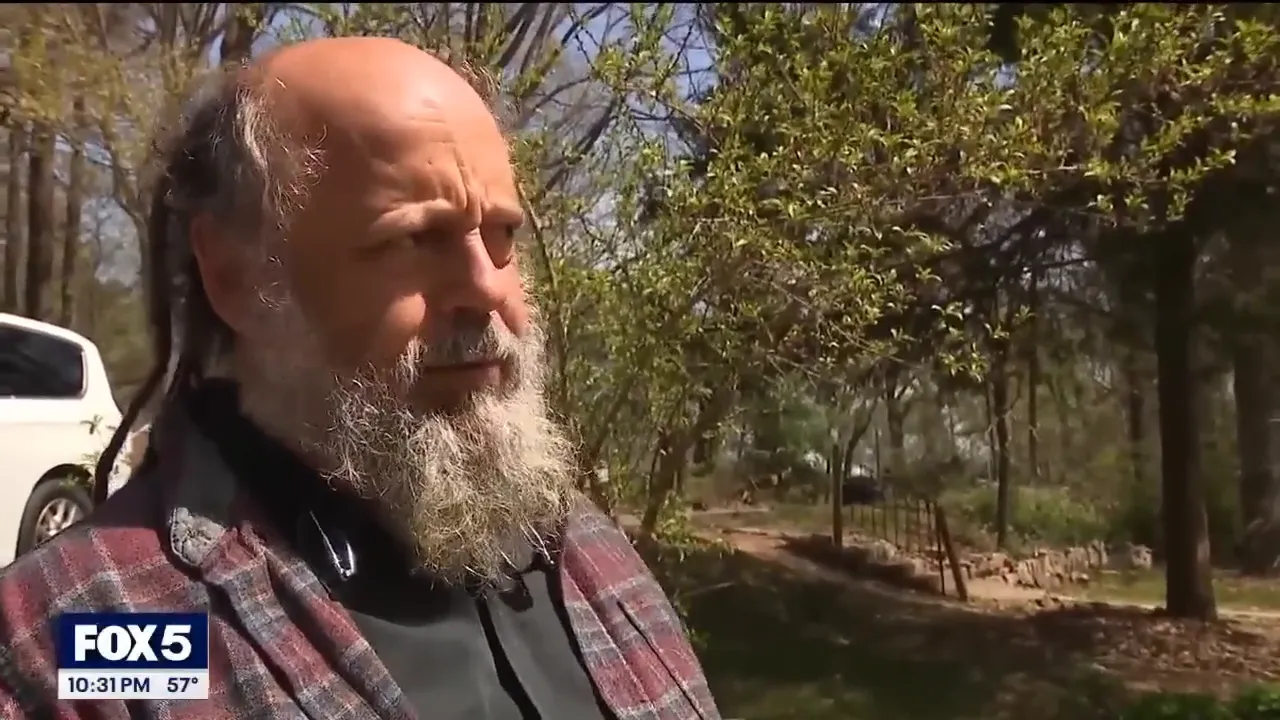
Attempts to Evict: Legal Challenges
Morris’s attempts to evict the squatters have been met with significant legal challenges. The City of Atlanta’s moratorium on evictions during the pandemic has complicated matters, preventing him from taking immediate action. This situation underscores the complex interplay between property rights and public policy.
Counterclaims and Legal Proceedings
In recent months, Morris faced a counterclaim from one of the occupants, demanding $190,000. Although this claim was dismissed due to the individual’s failure to appear in court, it highlights the legal hurdles property owners must navigate when dealing with squatter evictions.
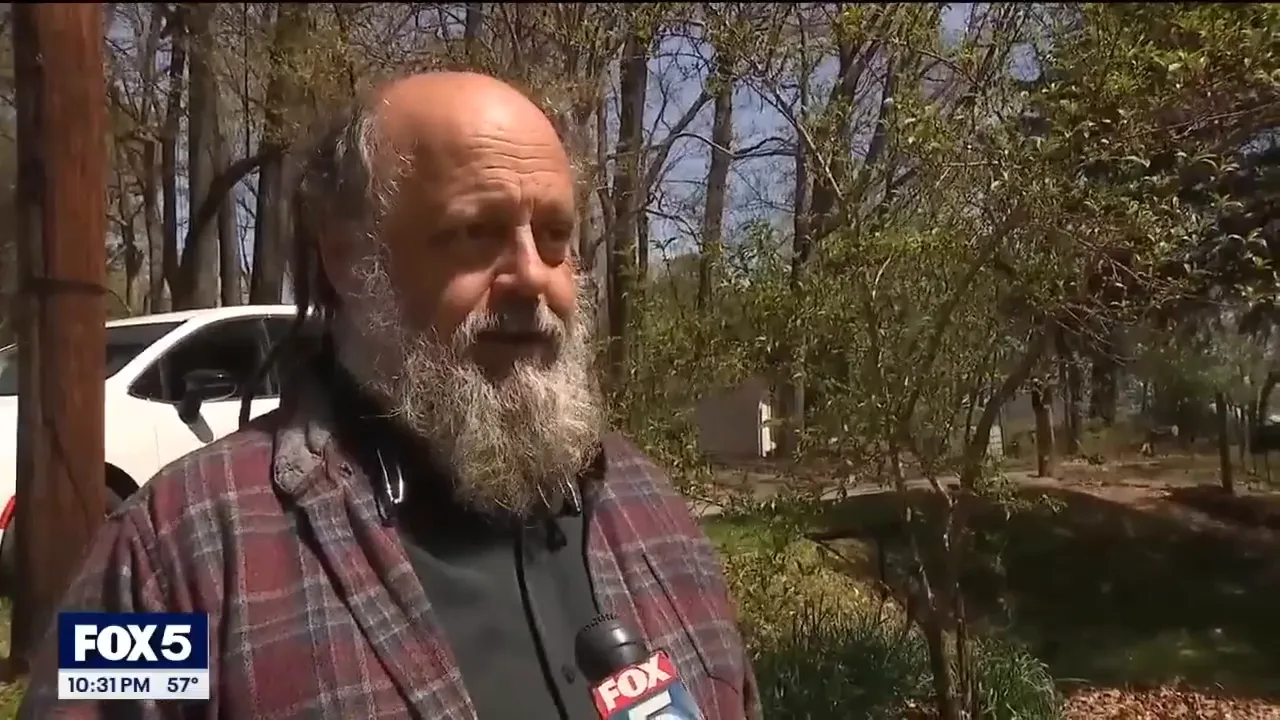
Current Situation: The Number of Occupants
As of now, Morris estimates that about eight individuals are living on his property. This number has fluctuated over time, making it difficult to establish a clear plan for eviction. The presence of multiple occupants adds layers of complexity to the situation, as each individual may have different circumstances and legal considerations.
Future Steps for Resolution
Morris has taken steps to prepare for the eventual eviction of the squatters. He plans to work with local authorities to coordinate a timeline for removal, but uncertainty remains. The ongoing situation serves as a stark reminder of the challenges faced by property owners in today’s housing landscape.
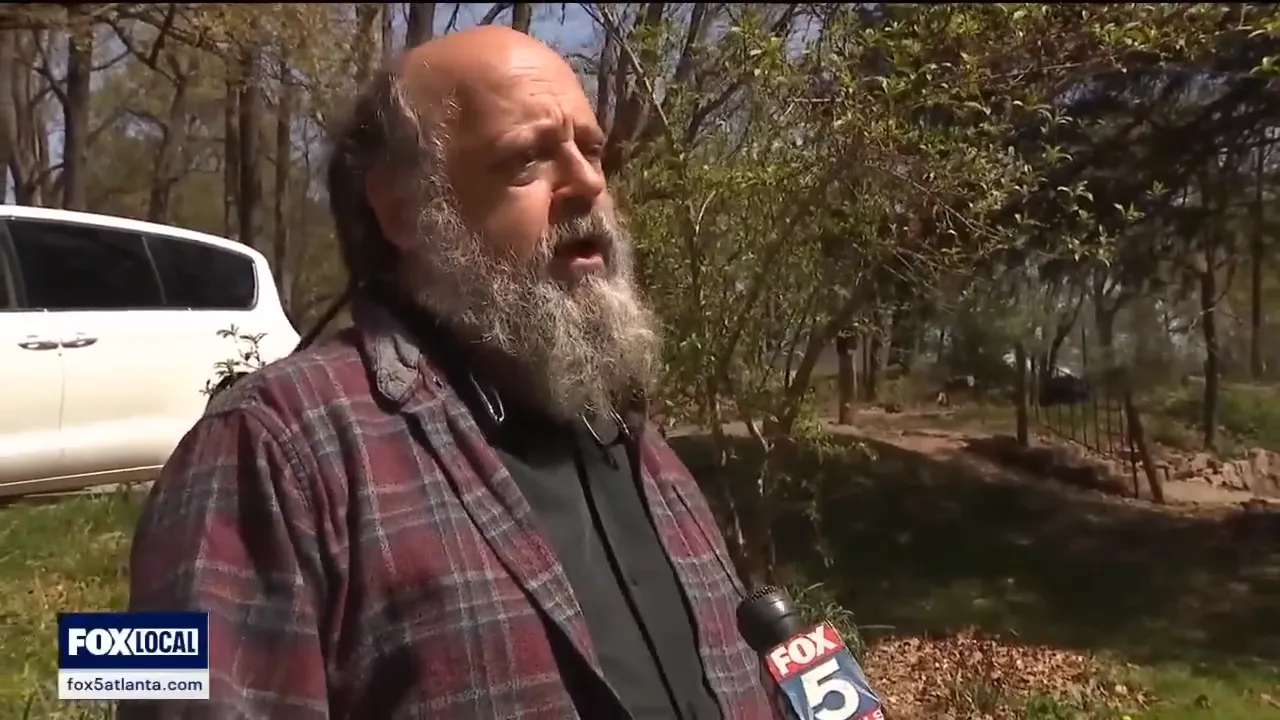
Code Enforcement and Cleanup Efforts
As the situation with the squatters continues to unfold, code enforcement has become a crucial player in the cleanup efforts on David Morris’s property. The city has contacted Morris multiple times regarding the state of the land, pressing for action to rectify the issues stemming from unauthorized occupancy.
Over the past month, Morris has utilized five dumpsters to dispose of garbage and debris left behind by the occupants. This extensive cleanup is not just about aesthetics; it is about restoring the property to a condition that is safe and compliant with city regulations.
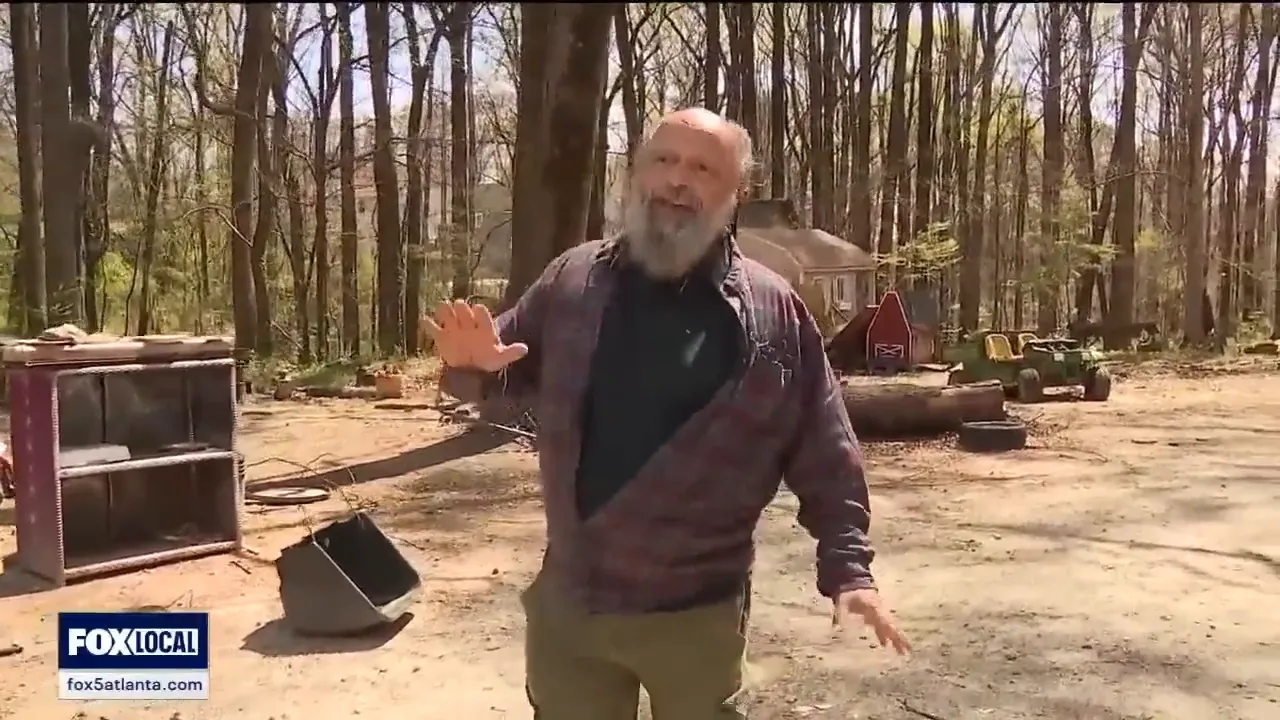
Challenges Faced by Code Enforcement
Code enforcement officials often face challenges when dealing with properties that have been occupied by squatters. The combination of legal restrictions and the emotional aspects of eviction complicates their efforts. In many cases, these officials must balance the need for compliance with compassion for the individuals residing on the land.
For Morris, the ongoing cleanup is a necessary step to reclaim his property. However, it highlights the tension between property rights and the realities faced by those who find themselves without stable housing. The city’s involvement emphasizes the need for a coordinated approach to address both the property owner’s rights and the welfare of the occupants.
Counter Claims and Legal Battles
The legal landscape surrounding squatter evictions can be daunting. In Morris’s case, a counterclaim filed by one of the occupants for $190,000 added another layer of complexity to an already challenging situation. Although this claim was dismissed due to the individual’s failure to appear in court, it illustrates the potential for legal entanglements that can arise during squatter evictions.
Understanding Counterclaims
Counterclaims can serve as a tactic to delay the eviction process, complicating matters for property owners. In many instances, squatters may leverage legal claims to assert their presence on the property, leading to prolonged disputes. This situation can be frustrating for owners like Morris, who simply seek to regain control of their land.
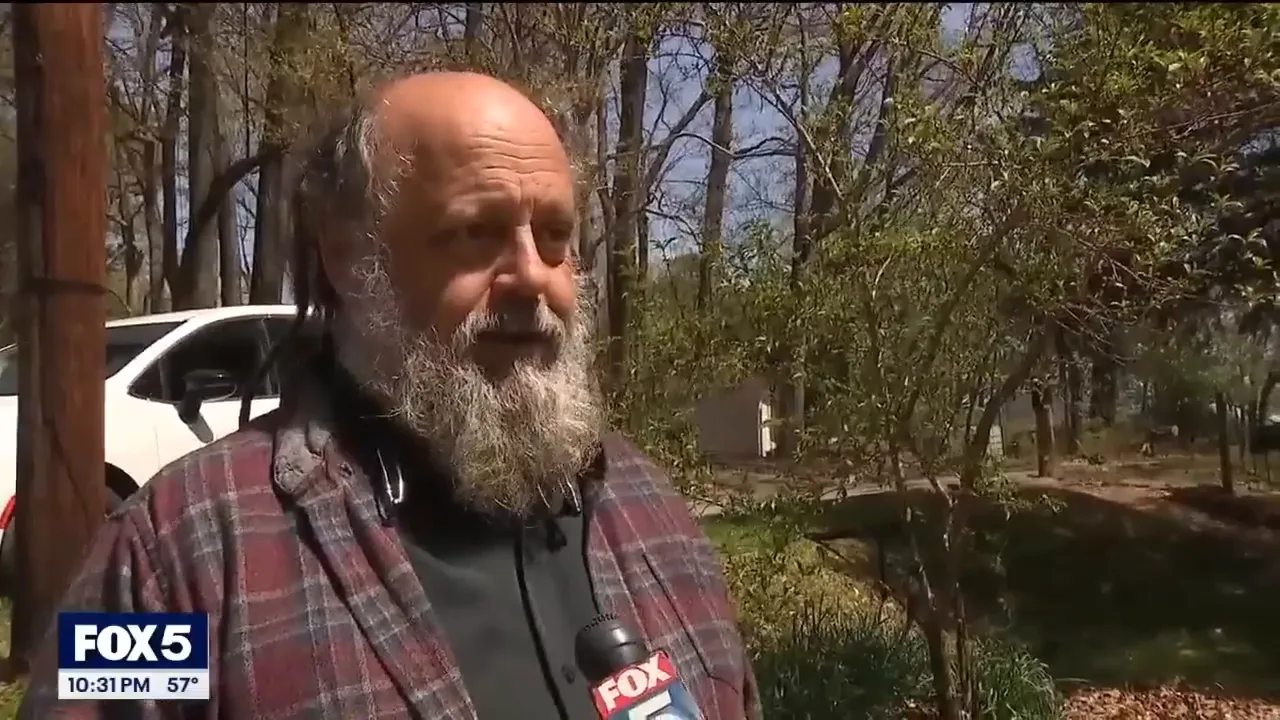
Property owners must be prepared for these legal challenges, often requiring them to invest time and resources into navigating the judicial system. Engaging legal counsel is essential to effectively address counterclaims and ensure a streamlined eviction process.
Police Involvement and Community Activism
Police involvement has been a significant aspect of Morris’s journey. In previous encounters, law enforcement was called to address disputes and maintain order on the property. Community activism has also emerged, with various groups expressing their opinions about the situation.
Interactions with Law Enforcement
In one instance, Atlanta police intervened when a group of activists camped on the property, leading to the removal of around 30 individuals. Such interactions highlight the complexities of squatter evictions, where law enforcement must navigate community sentiments while enforcing the law.
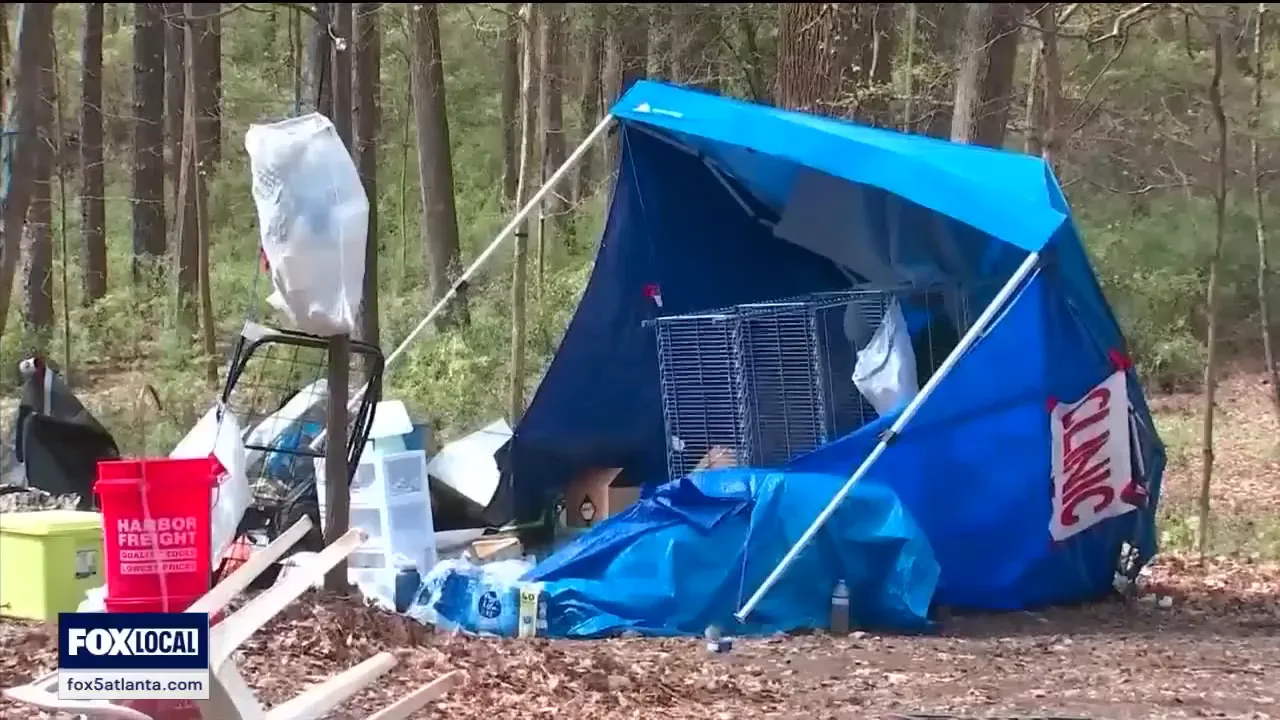
The Role of Community Activism
Community activism plays a dual role in squatter evictions. On one hand, activists often advocate for the rights of squatters, emphasizing the need for housing solutions and support systems. On the other hand, property owners like Morris may feel overwhelmed by the presence of organized groups that oppose their efforts to reclaim their land.
This tension underscores the broader societal issues surrounding housing insecurity and the complexities of urban development. For Morris, finding a balance between community concerns and his property rights remains a challenging endeavor.
Future Plans for the Property
Looking ahead, David Morris has clear plans for his property once the squatters are evicted. His vision includes building affordable housing, a goal that reflects his commitment to the community and desire to contribute positively to the area.
Building Affordable Housing
Morris envisions a development that not only addresses the housing crisis but also aligns with his values of community engagement and environmental stewardship. By transforming the land into affordable housing, he hopes to provide much-needed options for individuals and families in Atlanta.
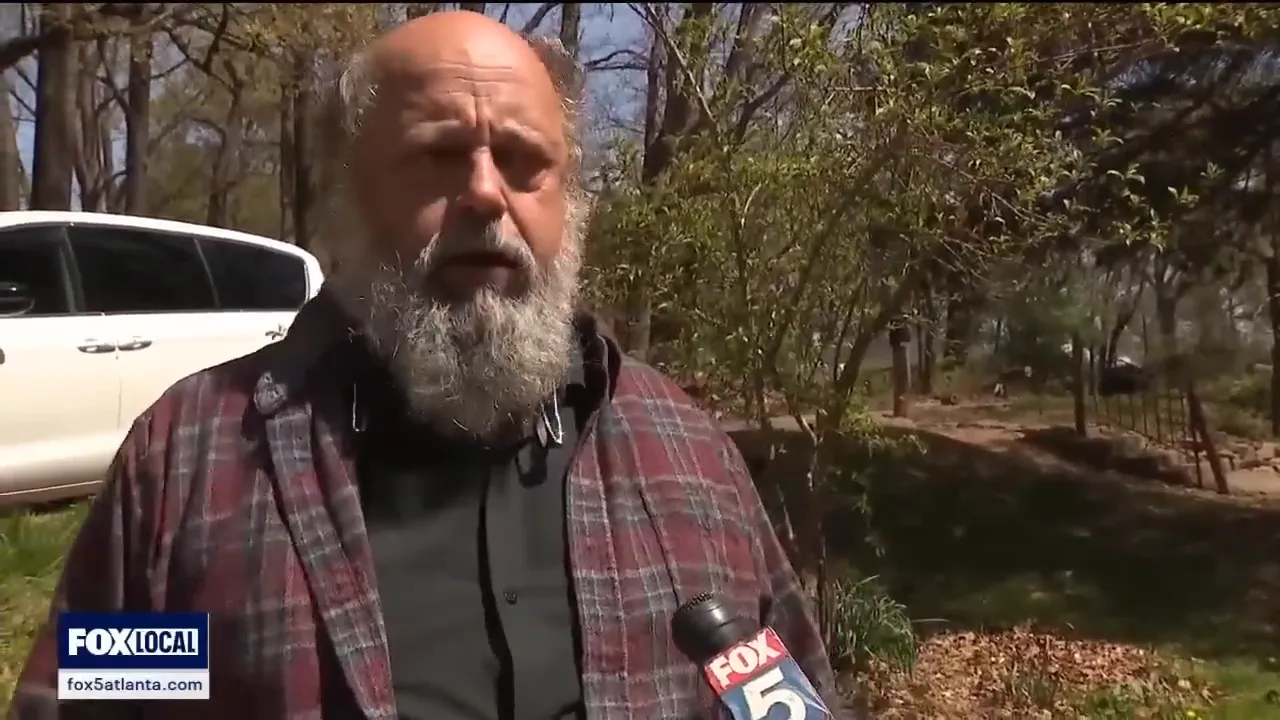
Implementing Security Measures
To prevent future unauthorized occupancy, Morris plans to install fencing and signage around the property. These security measures aim to deter trespassers and protect the integrity of the land as he prepares for development.
While the path forward is fraught with challenges, Morris remains resolute in his commitment to reclaiming his property and contributing to the community’s housing needs.
Conclusion: The Ongoing Struggle with Squatter Evictions
The saga of David Morris and his property in Atlanta exemplifies the ongoing struggle that many property owners face concerning squatter evictions. This issue is not solely about property rights; it is intertwined with broader societal challenges surrounding housing, homelessness, and community dynamics.
As the complexities of squatter evictions continue to evolve, it is imperative for both property owners and community advocates to engage in meaningful dialogue. Finding solutions that address the needs of all parties involved is vital for fostering a more equitable housing landscape.
FAQs about Squatter Evictions
What are squatter evictions?
Squatter evictions refer to the legal process of removing individuals who occupy a property without permission from the owner. This process can involve complex legal challenges and often requires navigating local laws and regulations.
What rights do squatters have?
Squatters may have certain rights depending on local laws, including the possibility of claiming adverse possession if they have occupied the property for a specified period. However, these rights can vary significantly by jurisdiction.
How can property owners protect themselves from squatters?
Property owners can take proactive measures, such as securing their properties with fences, signage, and regular inspections. Additionally, understanding local laws regarding eviction processes is crucial for effective management.
What should I do if I discover squatters on my property?
It is essential to consult with legal counsel to understand the best course of action. Documenting the situation and seeking assistance from local authorities can also help in addressing the issue effectively.

